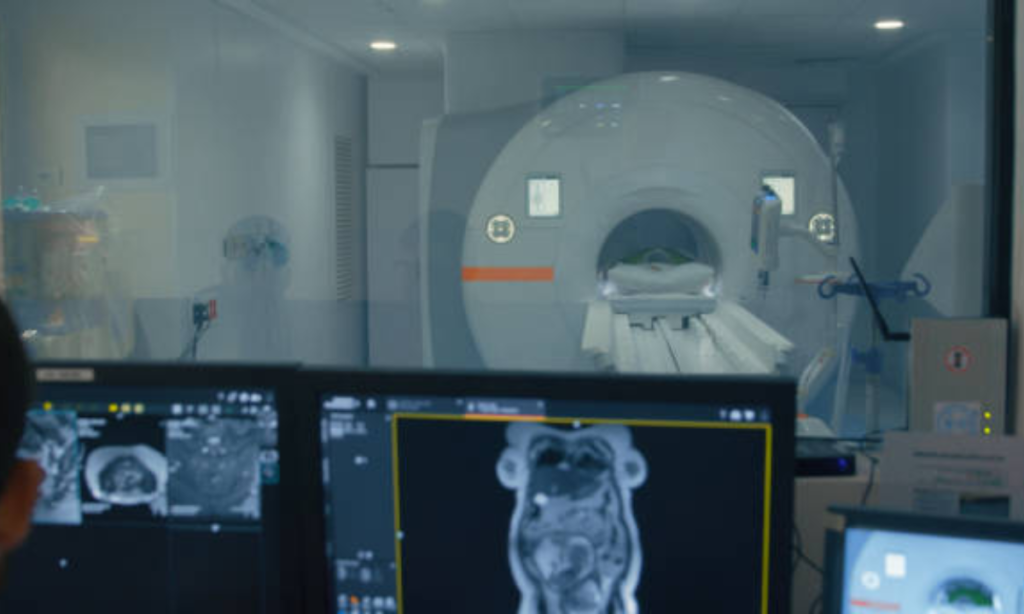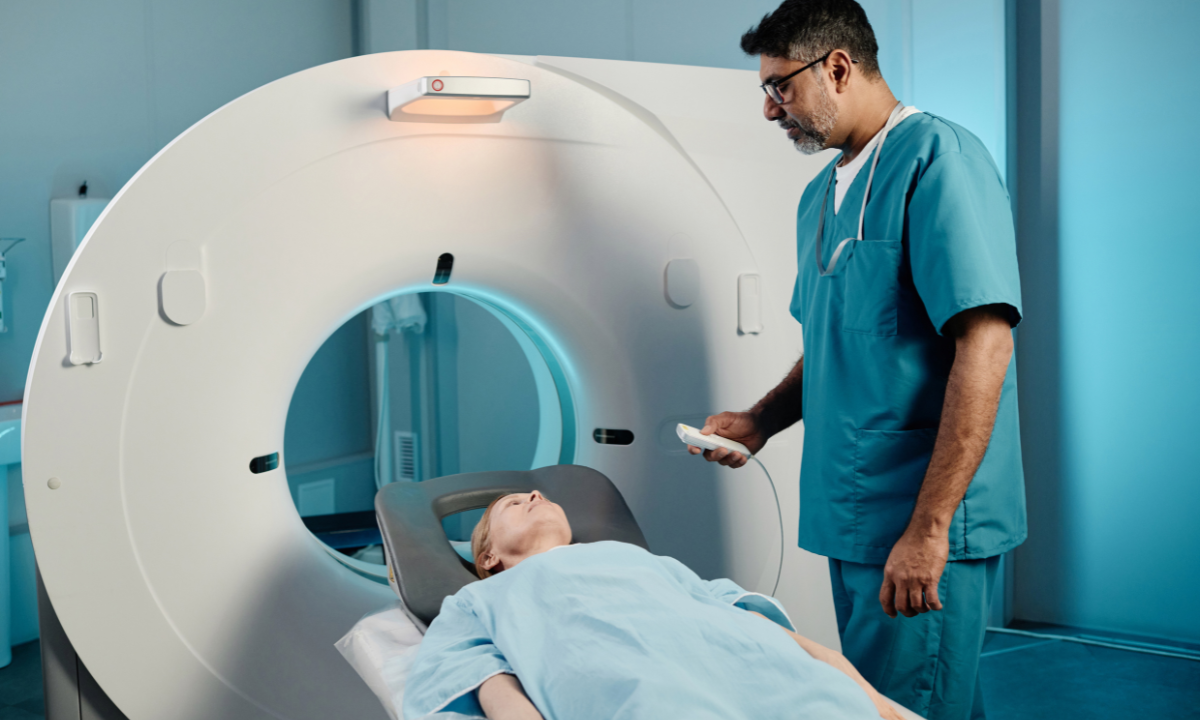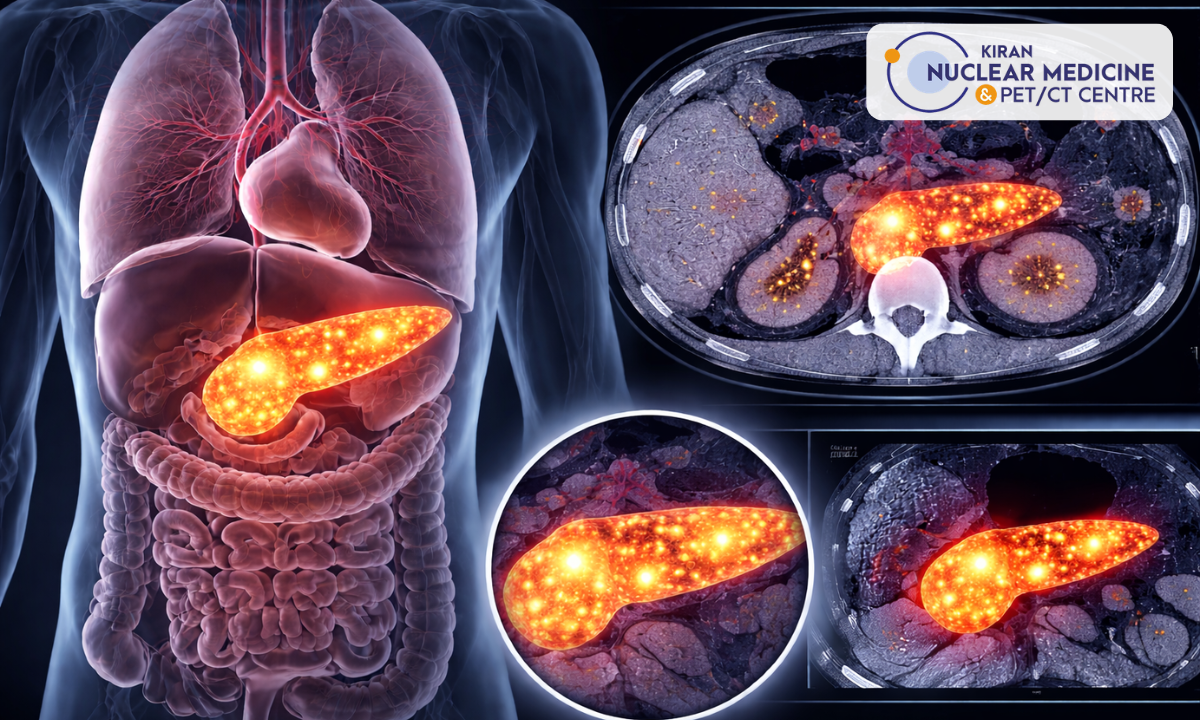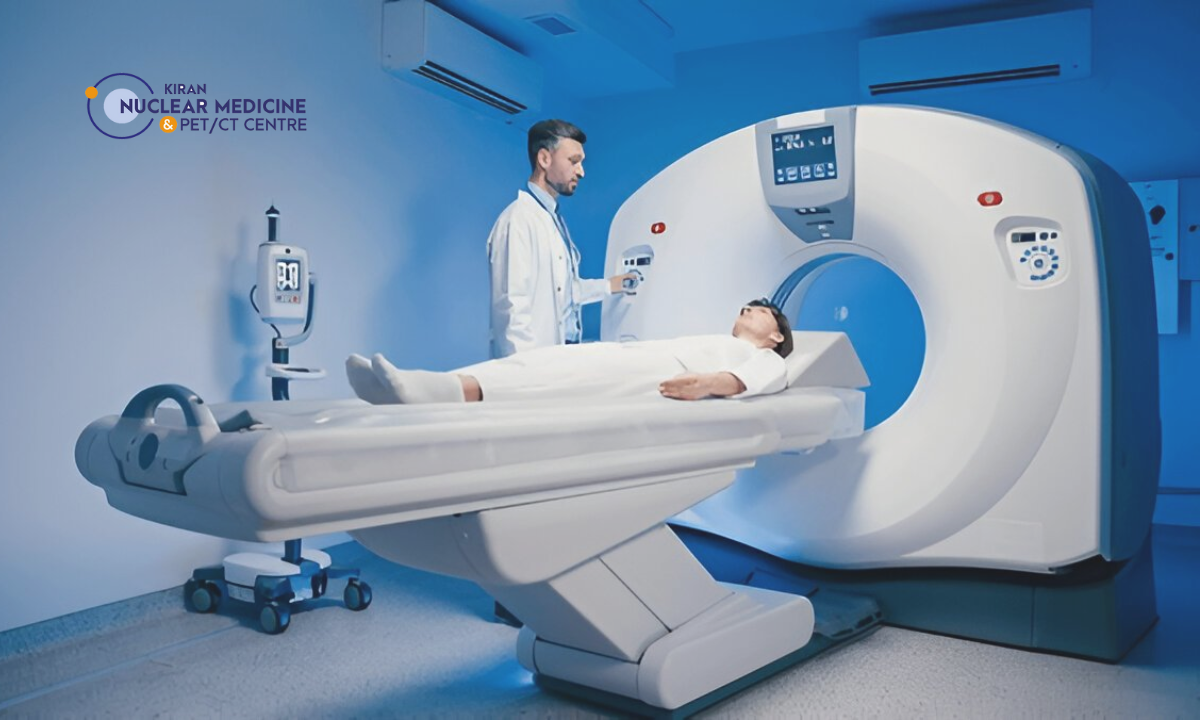In modern diagnostic medicine, imaging techniques play a crucial role in detecting internal abnormalities. One such reliable nuclear imaging method is the DMSA scan. It helps evaluate renal function and structure with high precision, especially in patients with suspected kidney disorders. Understanding this diagnostic tool is essential for anyone preparing for the procedure or looking into kidney health assessments.
What is a DMSA Scan?

The DMSA scan (Dimercaptosuccinic Acid scan) is a nuclear medicine test designed to assess the condition and functionality of the kidneys. It provides detailed images of renal cortical tissue, allowing medical professionals to detect structural abnormalities, scarring, or damage.
What is a DMSA scan used for?
This scan is primarily used to:
- Identify renal scarring, especially in pediatric patients with urinary tract infections.
- Assess differential renal function (i.e., the function of each kidney individually).
- Detect congenital abnormalities or acquired kidney damage.
- Evaluate kidney size and shape in cases of chronic or acute kidney conditions.
How is a DMSA Scan Done?
The process begins with an injection of a small amount of DMSA radiotracer into a vein. This radioactive substance binds to the renal cortex, allowing detailed imaging using a gamma camera.
After injection:
- A waiting period of 2–4 hours follows to allow the tracer to concentrate in the kidneys.
- The patient is then positioned under a gamma camera, which captures images from different angles.
- The scan itself is non-invasive and painless, but the patient needs to lie still during imaging for accurate results.
How long does a DMSA scan take?
While the imaging portion may last 30–60 minutes, the entire process, including the waiting period, can take up to 4 hours. No hospital stay is typically required, and patients can resume normal activities afterwards unless instructed otherwise by the physician.
What to Expect Before and After the Scan
Before the Scan
- Inform the radiology team about any medications or allergies.
- Fasting is usually not required unless specified.
- Young children may be given mild sedation to help them remain still.
After the Scan
- Drinking plenty of fluids helps flush the radiotracer from the body.
- The amount of radiation is low and considered safe.
- The results are usually available within a few days and discussed during a follow-up appointment.
DMSA Scan in Bangalore
Access to DMSA scan in Bangalore has significantly improved with the availability of modern nuclear medicine facilities across the city. Medical centers in Bangalore offer:
- Advanced imaging technologies.
- Experienced nuclear medicine professionals.
- Pediatric and adult DMSA scanning capabilities.
If you’re seeking specialized kidney imaging, undergoing a DMSA scan in Bangalore ensures quality care with reliable results.
Conclusion
Understanding what is DMSA scan, its purpose, and its procedure provides clarity for patients and caregivers preparing for kidney assessments. From knowing what a DMSA scan is used for to understanding how a DMSA scan is done, this diagnostic method proves vital in renal imaging. If you’re located in Karnataka and considering this scan, reliable options for a DMSA scan in Bangalore offer trusted solutions.
For those in and around Kiranpet, access to nuclear medicine and diagnostic services continues to expand, making such procedures more convenient and efficient.







